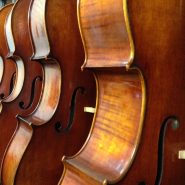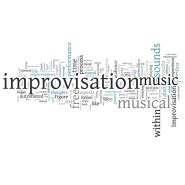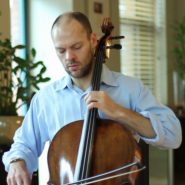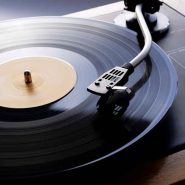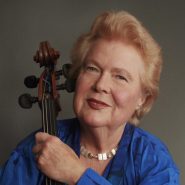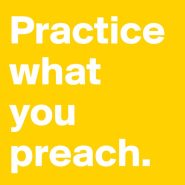Tag: Listening
By Renate Rohlfing December 15, 2024
By Alban Gerhardt November 27, 2019
Subjects Instrument Care
Tags cello, instrument, Listening, shopping
By Jeffrey Zeigler April 14, 2016
Subjects Beyond the Traditional
By Thomas Rosenberg January 27, 2014
Subjects Chamber Music, Practicing
Tags Adjustments, chamber music, expressive intonation, fuzzy sound, good instrument tuning, great intonation, group intonation, hand position, intonation, intonation exercises, left hand position, Listening, onion, open strings, patience, rehearsing, Rosenberg, string groups, student ensembles, Thomas, time management, tuning, working
By Selma Gokcen February 11, 2013
Subjects Playing Healthy
Tags ability, Alexander Technique, attention to detail, bow arm, cellists, cello, cellobello, creating balance, cultivate awareness, energy flowing through the body, Gokcen, Habits, instrumentalists, Listening, music, musicians, opposition, Part II, powerful force of energy, proper weight transfer, quietness, relationship of the head back and spine, Selma, sharpening the senses, Six Part Series, tension in the neck, the back, Thinking in a new way, top level performing, trying, well-coordinated body, willing
By Aliza Stewart May 18, 2012
By Robert Battey February 3, 2012
Subjects Practicing
Tags Accomplishment, Battey, cello, cellobello, character, Coordination, Development, dynamics, Effective, ensemble, harmony, Janos, Listening, music, perfection, Rhythm, sight-reading, Starker, success, Technique
By Selma Gokcen January 17, 2012
Subjects Playing Healthy
By Selma Gokcen October 22, 2011
Subjects Playing Healthy
By Brant Taylor July 19, 2011
Subjects Practicing
Tags aspirations, Awareness, bow speed, Brant, cello, cellobello, character, concentration, concepts, contact point, creativity, details, effortless, exploration, finesse, fundamentals, harmony, ideas, Janos, legato, lessons, Listening, musical, Philosophy, release, skills, small details, solutions, Starker, Taylor, tension, vibrato, weight
By Yeesun Kim June 6, 2011
Subjects Artistic Vision
By Bonnie Hampton May 4, 2011
Subjects Artistic Vision
Tags Bonnie, cello, cellobello, character, clarity, communication, Coordination, discussion, Experience, exploration, expression, Hampton, hands, improvement, individual voice, individuality, Listening, music, musicianship, passion, personality, possibilities, searching, Sound, Teaching, vibrato, virtuosity
By Natasha Brofsky April 11, 2011
Subjects Artistic Vision

